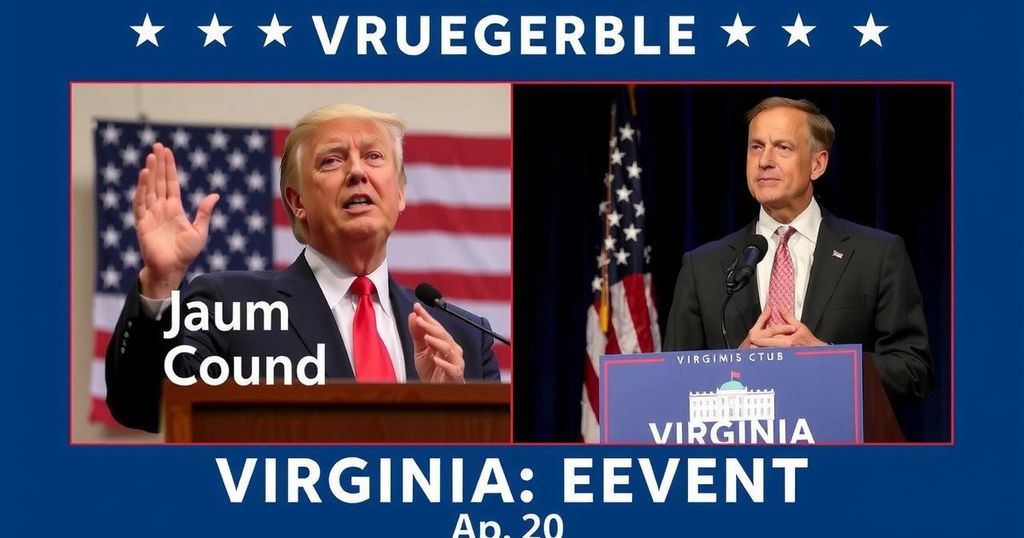The 2025 Virginia gubernatorial election features unopposed Democrat Abigail Spanberger and a competitive Republican race between Winsome Sears and Merle Rutledge. Historically, primaries in Virginia show little opposition, while Alaska retains its ranked-choice voting system amid national debate. Overall, election dynamics indicate shifting control and voter preferences leading to a remarkable electoral season.
The upcoming Virginia gubernatorial election in 2025 will see the state elect a new governor as the current incumbents are barred from seeking re-election due to term limits. In stark contrast to the Democratic primary, which features Abigail Spanberger running unopposed, the Republican nomination is contested by Winsome Sears and Merle Rutledge, with Sears gaining predominance through endorsements, including that of Governor Glenn Youngkin. Historically, Virginia’s gubernatorial primaries exhibit minimal competition, with a significant number of candidates often running unopposed. The Democrats have seen more competitive primaries in the past, such as the notable 2017 race where Ralph Northam narrowly won against Tom Perriello.
The political landscape in Virginia indicates a pattern where the winning party in the governor’s race typically alternates following the presidential election. Since 1997, no party has maintained control for over eight years, suggesting a dynamic and shifting electorate. The primaries are set for June 17, 2025, with the general election following on November 4, 2025.
In Alaska, the state has successfully retained its ranked-choice voting (RCV) system after a narrow recount affirmed its status by just 743 votes. While this victory marks a significant moment for proponents of RCV in Alaska, other states such as Arizona, Colorado, and Idaho rejected measures to adopt such systems. Noteworthy financial backing for RCV advocacy has vastly outpaced opposition funding, reinforcing the ongoing debate regarding election methodologies across the United States. FairVote CEO Meredith Sumpter highlighted, “Changing the status quo is never easy… But make no mistake: The future remains bright for ranked choice voting.”
The Virginia gubernatorial election is notable for its implications in national politics, particularly due to the precedents set by past election cycles and the historical context of gubernatorial nominations in Virginia, where incumbents cannot seek re-election. The competitive nature of these primaries, particularly between political parties, has shifted over recent cycles, affecting voter perceptions and engagement. Alaska’s ongoing use of ranked-choice voting is also significant, showcasing a trend toward innovative electoral systems in response to demands for greater voter choice and engagement, contrasted with prevalent opposition in various states.
In summary, the Virginia gubernatorial primaries for 2025 are shaping up with minimal opposition for the Democrats, while the Republicans present a contested race. Virginia’s tradition of alternating control post-presidential elections remains a crucial aspect to watch. Additionally, the continued implementation of ranked-choice voting in Alaska marks a significant moment for electoral reforms despite broader opposition. As elections approach, voter engagement and turnout will be critical in determining the outcomes in both Virginia and Alaska.
Original Source: news.ballotpedia.org






